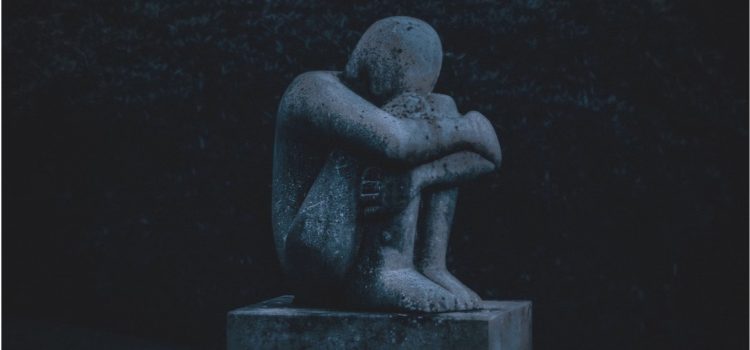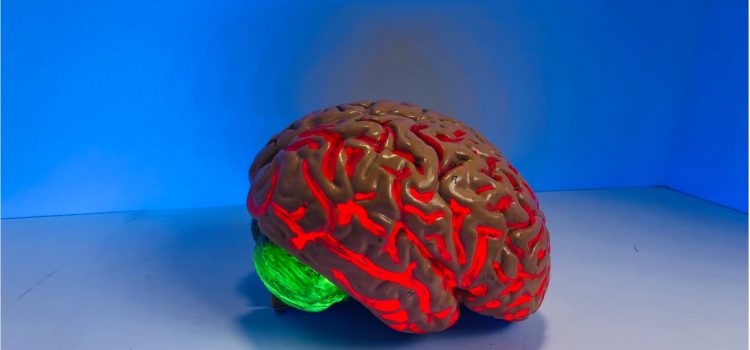Does your company have a fixed mindset or a growth mindset? How can a growth mindset help you learn from your mistakes and make breakthroughs? By 2014, a fixed mindset had caused Microsoft to lag behind its competitors. When Satya Nadella became CEO that year, he began to cultivate a growth mindset. That change helped unleash Microsoft’s innovative energy and put the company back at the forefront of its industry. Read more to learn about the importance of a growth mindset in business.
Why a Growth Mindset in Business Is Essential to Innovation










